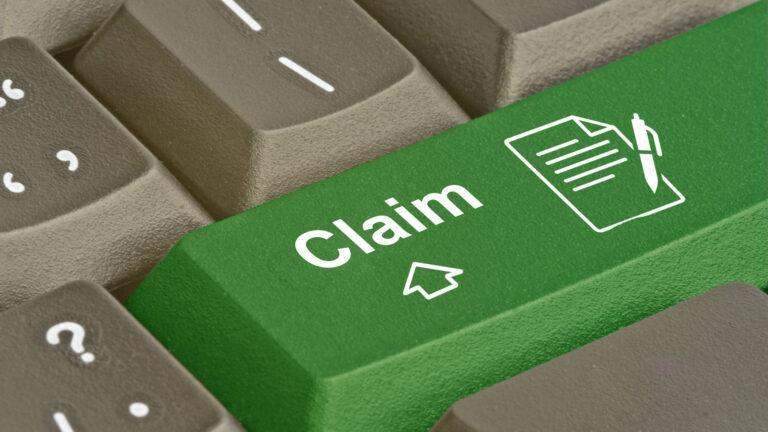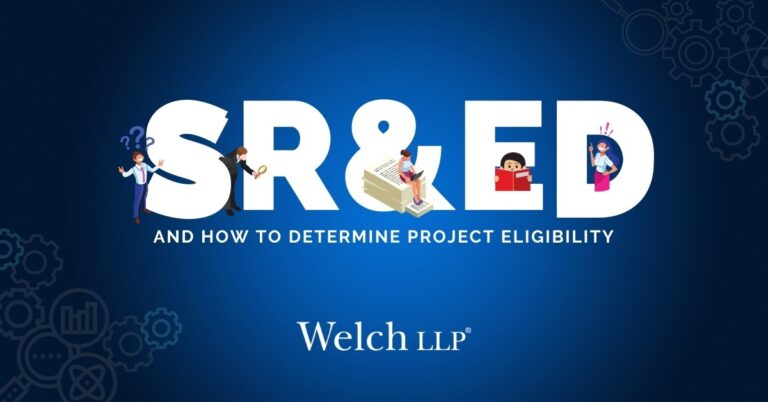What is SR&ED?
Scientific Research and Experimental Development (SR&ED) tax incentives are intended to encourage businesses to conduct research and development in Canada. The program provides over 20,000 claimants over $3 Billion in tax incentives every year in the form of refundable or non-refundable investment tax credits. These tax incentives can enable claimants to refund up to 60% of what they spend on qualifying expenditures, such as labour.
To claim the SR&ED tax credit, one must file their claim in the T2 corporate income tax return that describes what can be considered eligible work in the tax year. This blog covers what eligible work can look like, how it is assessed, and what expenses can be claimed.
Eligible Work
SR&ED work can come in a variety of forms and fields, from inventing a new or improved mechanical technology or developing a new software program, to discovering new effects of a plant on a medical condition. If the work performed has resulted in a new level of knowledge, it could be considered SR&ED. If the work discovers a new phenomenon, develops a better understanding of how something works, or completes a task better, it might represent what is considered an incremental advancement in knowledge. Unexpected setbacks, failure states encountered during testing, leading to revisions to your design – these are good points to talk about for making the case that the project tackled technological uncertainty.
The eligibility of work is not determined by the creation of a marketable product or its return-on-investment. Instead, there is a different set of criteria to consider.
A key aspect that Canada Revenue Agency (CRA) looks at to assess whether the claimed work is SR&ED is whether the solution exists, or the methods to get to the solution exist. They consider two main factors in determining if the work is eligible:
- The work must be conducted for the advancement of scientific knowledge or for the purpose of achieving a technological advancement.
And
- The work must be a systematic investigation or search that is carried out in a field of science or technology by means of experiment or analysis.
These are CRA’s questions of “Why” and “How” – Why you are doing R&D, and How you are conducting it. Answering these questions is at the core of an SR&ED claim.
Note that there are certain fields of work that CRA does not consider to be eligible for SR&ED. They include market research or sales promotion, quality control or routine testing, research in social sciences or humanities, prospecting, exploration, drilling, or producing minerals, petroleum, or natural gas, commercial production of new or improved devices, products, or services, style changes, and routine data collection.
Why Claim SR&ED?
SR&ED can provide non-dilutive funding for your business; your eligible credits are based on how much you spend in the following categories:
- Salary expenses in Canada
- Materials consumed or transformed in research/development
- Contractor expenses in Canada
- Overhead expenses
Please note that the Canadian government is proposing making changes to the current SR&ED program. This includes: certain capital expenditures eligible again; as well as increasing the amount of expenditures that can be claimed for refundable tax credits; and expanding eligibility for refundable credits to eligible Canadian public corporations. These proposed changes, if passed into law, would apply for tax years beginning on or after December 16, 2024. More details are expected in the upcoming Federal Budget.
Each province also provides their own funding, often using CRA’s SR&ED eligibility criteria, with variations in the credit rates and refundability. For example, in Ontario there is the Ontario Innovation Tax Credit that gives 8% refundable credit, and the Ontario Research and Development Tax Credit that gives 3.5% non-refundable credit.
How We Can Help
At Welch LLP our team of SR&ED experts can provide consultation, support, and assistance preparing claims, reviewing your work, or helping out in case of CRA review or unfavourable initial reviews. Contact us for more information.












